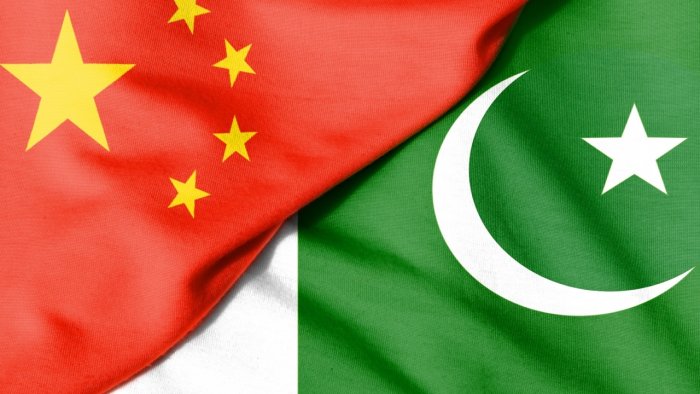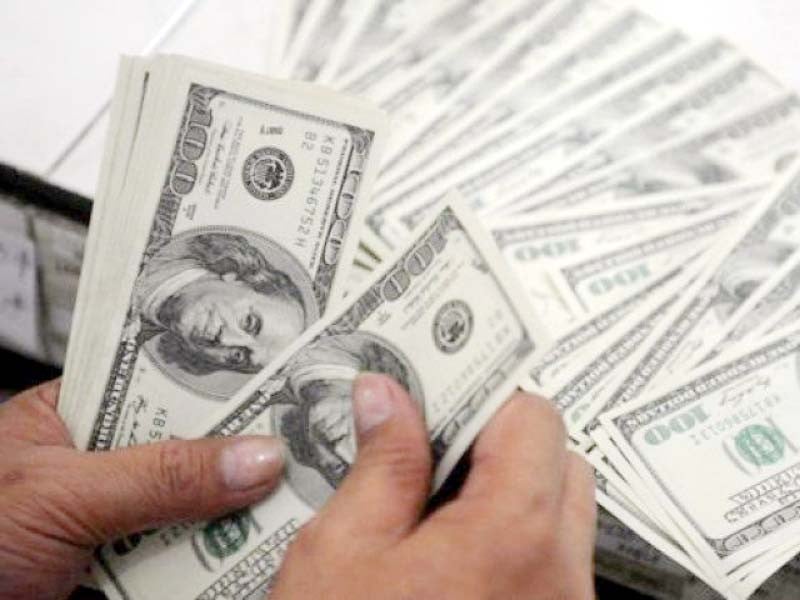ISLAMABAD: China has agreed to provide significant relief to Pakistan by rescheduling over $2 billion of publicly guaranteed debt for a period of two years.
This decision comes as the Pakistani government is striving to rebuild its foreign exchange reserves by obtaining fresh loans and rolling over maturing debt.
The Economic Coordination Committee (ECC) of the Cabinet, chaired by Finance Minister Ishaq Dar, has approved the revised terms of the agreement reached with China. The debt in question relates to the financing of two nuclear power plants in Karachi, with a combined capacity of 2,117 megawatts, costing $9.5 billion, including a $6.5 billion loan from China’s Export-Import (Exim) Bank.
Out of the $2 billion debt, over $625 million was scheduled to mature in the current fiscal year, but that repayment will now be postponed. Additionally, China has agreed to pause repayments of over $2 billion maturing in the next two years.
China has been supportive of Pakistan in meeting its debt obligations by providing new loans and refinancing existing debt. In June, China helped Pakistan avoid default on its international debt obligations by refinancing its $1.3 billion commercial loans during a period. When the International Monetary Fund (IMF) program was stalled.

As a result of signing a new IMF program, Pakistan’s gross official foreign exchange reserves have improved to $8.7 billion from a critically low level of $4.5 billion before the IMF deal.
ECC’s endorsement of the revised agreement with China
While the Ministry of Finance has not officially issued a statement regarding the ECC’s endorsement of the revised agreement with China. The ECC has also approved an Rs200 million technical supplementary grant for the Special Investment Facilitation Council (SIFC).
The SIFC, a civil-military hybrid council, aims to attract investment from the Gulf Cooperation Council (GCC) and other countries in sectors such as defense, agriculture, minerals, IT, and energy. However, the SIFC Secretariat has not yet become operational due to a lack of budget allocation.
Overall, China’s assistance in rescheduling debt and providing financial support has been crucial for Pakistan’s efforts to stabilize its economy and boost foreign exchange reserves.


